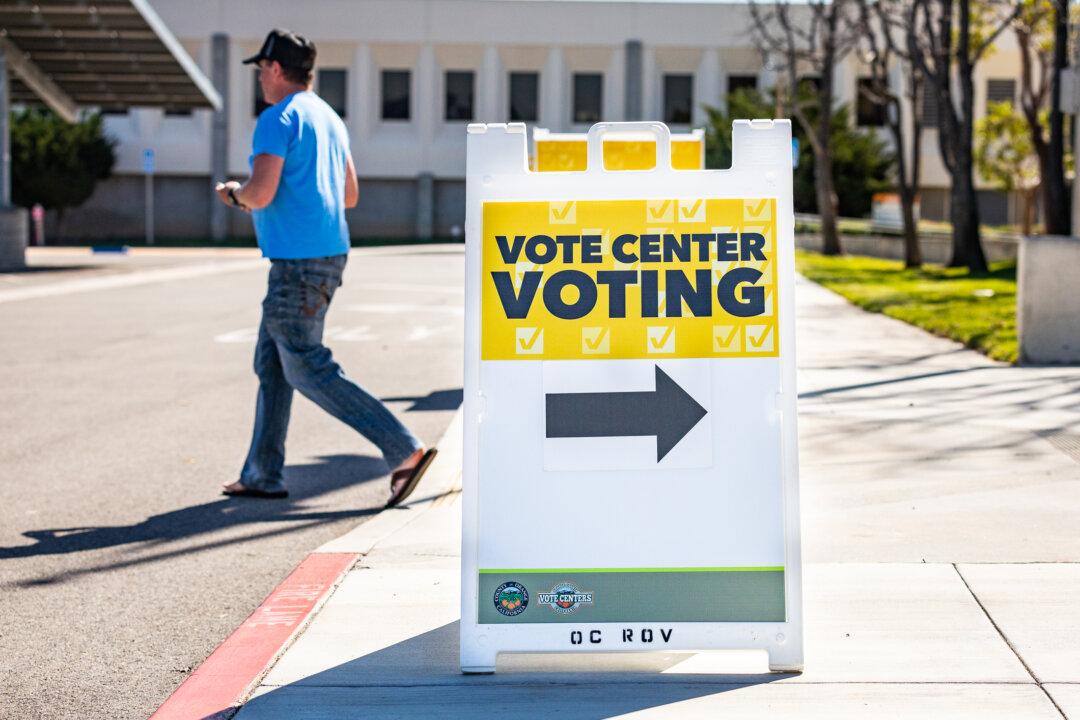The Republican National Committee (RNC) and National Republican Senatorial Committee’s (NRSC) are beginning ad campaigns this week and early next week to have their say on the Democrats’ election reform bill S.1, which they are calling a “power grab.”
The RNC has designated a six-figure sum to an ad campaign that will run in states with Democrat-held Senate seats that are up for reelection in 2022, including Arizona, Georgia, Nevada, and New Hampshire. Senate Republicans’ key fundraising arm, the NRSC, will devote seven figures to ad campaigns in the same states to tell their view of the S. 1 senate bill.





